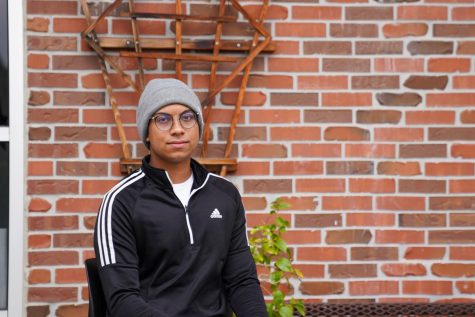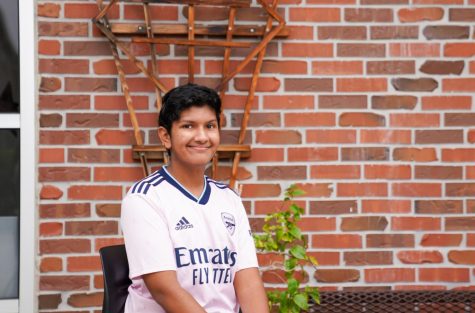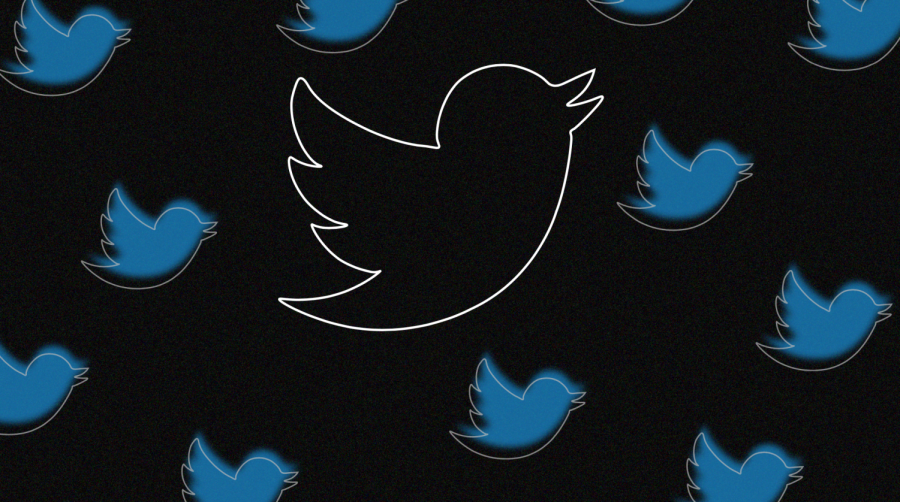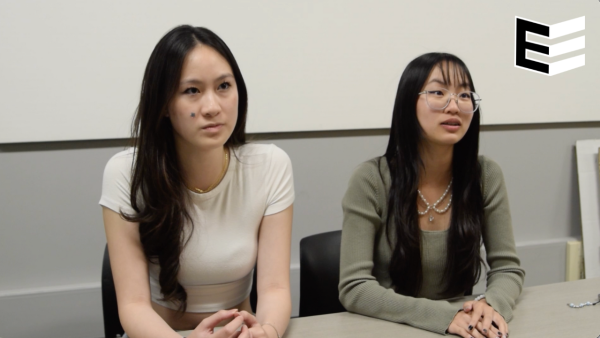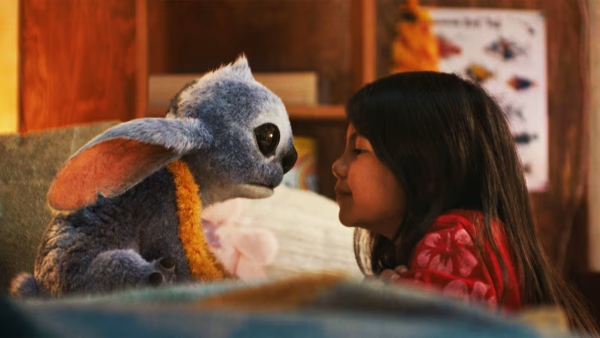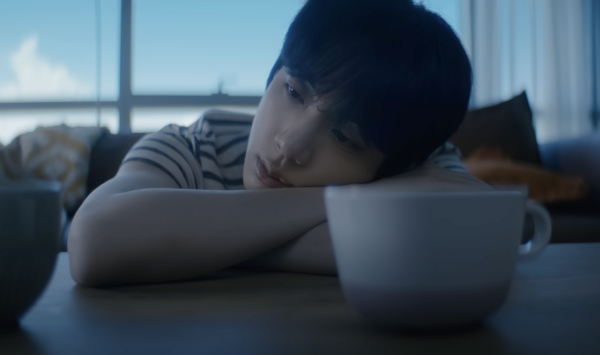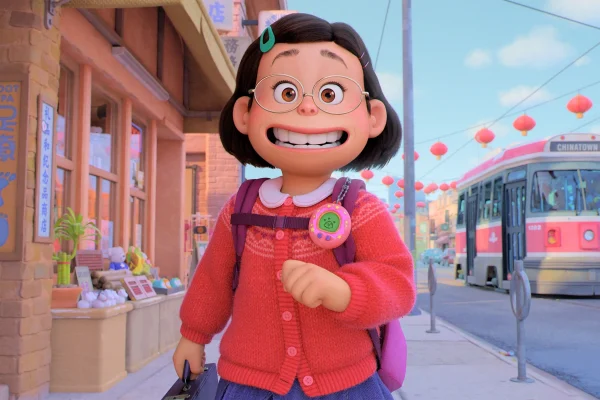Jumping down the rabbit hole
Students and staff share their thoughts on the state of Twitter
Twitter is set to receive significant changes following Elon Musk’s $44 billion takeover.
Twitter is a social media platform where users who can post text-based messages along with photos, videos and hyperlinks. Recently, the platform was acquired by billionaire and Tesla co-founder Elon Musk. A prolific user himself, Musk has promised to bring changes by monetizing verifications and reworking the moderation on the site.
While senior Niko Kocbayindiran sees the platform growing, he also believes it will lose out in some ways in the near future as a result of the changes in monetization. He can envision investors being pleased with the new ways the platform aims to rake in more money, but he also says it might anger the user base.
“A lot of people are a bit salty about Elon firing the board and employees, which goes with the issues of workers’ rights,” Kocbayindiran said. “But those are issues I think people will forget within [the next few] years.”
English teacher Derek Lu notices that Twitter is not particularly unique compared to other social media platforms, as he sees similar curated content and algorithms on other platforms such as Instagram. For him, Twitter serves as a way to keep up with celebrities and engage in political discourse.
“What I enjoy about Twitter is that I receive a lot of updates from left-leaning political figures or commentators,” Lu said. “It’s like a rabbit hole, in a sense, of people I agree with and am also aligned [with] politically.”
Senior Amol Rama also describes Twitter as a rabbit hole. To him, the ideal time spent on the platform is around five to 10 minutes per day — anything over and the platform loses its purpose as a quick way to receive news. What makes Twitter unique for Rama is the variety of opinions in one place.

“The beauty of Twitter is that it’s just designed for instantaneous talking back and forth,” Rama said. “You can talk with anyone: idiots, geniuses [and] anywhere in between.”
With so many people having a voice, moderation is something Rama sees as inconsistent based on the number of followers users have. He sees larger figures on the platform like Donald Trump and Ye getting banned as clear cuts, since they were violating stated platform policies. However, in his opinion, smaller voices tend to get ostracized by communities to the point of being deterred from using the platform due to their opinions not aligning with fixed points of view.
“No algorithm is perfect,” Rama said. “Twitter is no exception to that rule. If you say something that’s not what the community wants to say, you get thrown out, especially [if it] relates to communities [that are] more tight knit.”
Lu shares that he has struggled with Twitter’s moderation since he started using the platform five years ago. In his experience, content moderation will inevitably fail on social media. Lu says he has faced repercussions from social media sites for speaking out against racism.
“In my younger days, I used to get into arguments with folks on Twitter and Facebook,” Lu said. “I would get blocked for name calling or bullying kind-of language when I was actually calling out racists who had somehow gotten through their moderators by using dog-whistle language. I just think it is so fascinating that ‘white trash’ is considered a racial slur, but then [moderators] can’t recognize the dog whistle in calling black people unintelligent or something of that nature.”

With its new ownership, Lu has been contemplating leaving the platform due to a lack of utility. His recommended posts on Twitter express quitting it and joining an alternative that is not owned by a “megalomaniac.” As a result, he is two steps away from deactivating his account.
“I just feel like it’s [becoming] less and less useful,” Lu said. “Especially because Instagram has gotten so good at sponsored content and curated content, I get what I need from celebrity news on Instagram. I don’t see Twitter benefiting my everyday life all that much anymore.”
